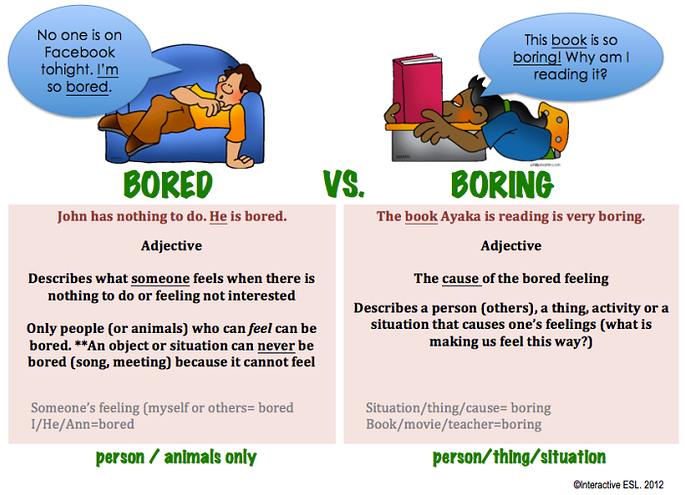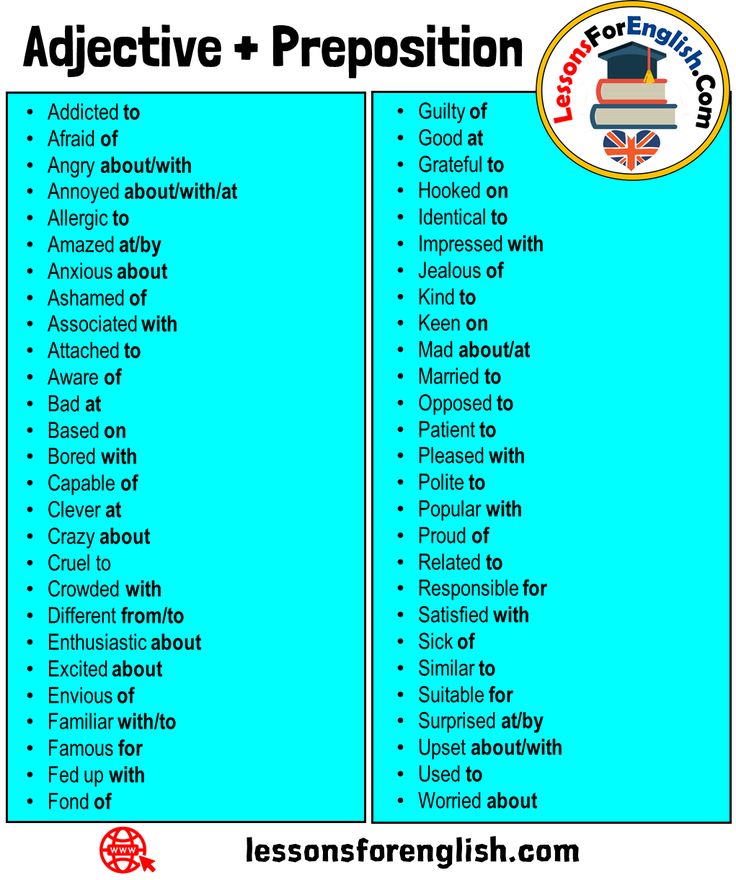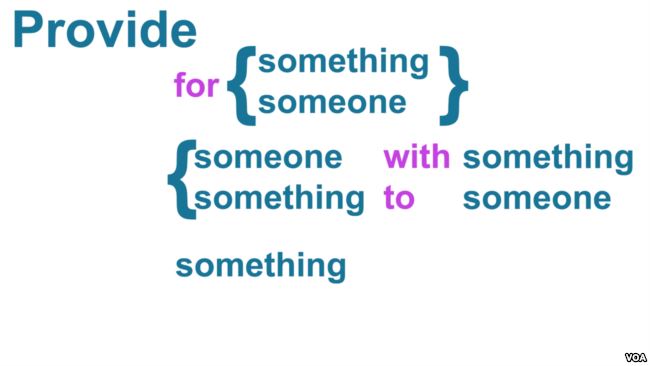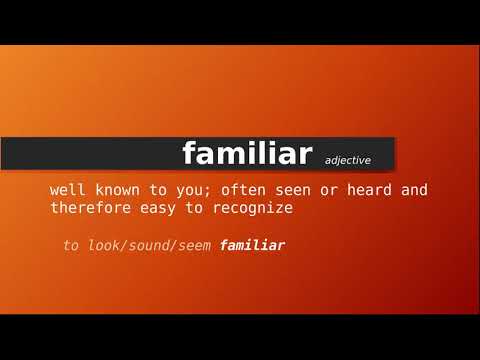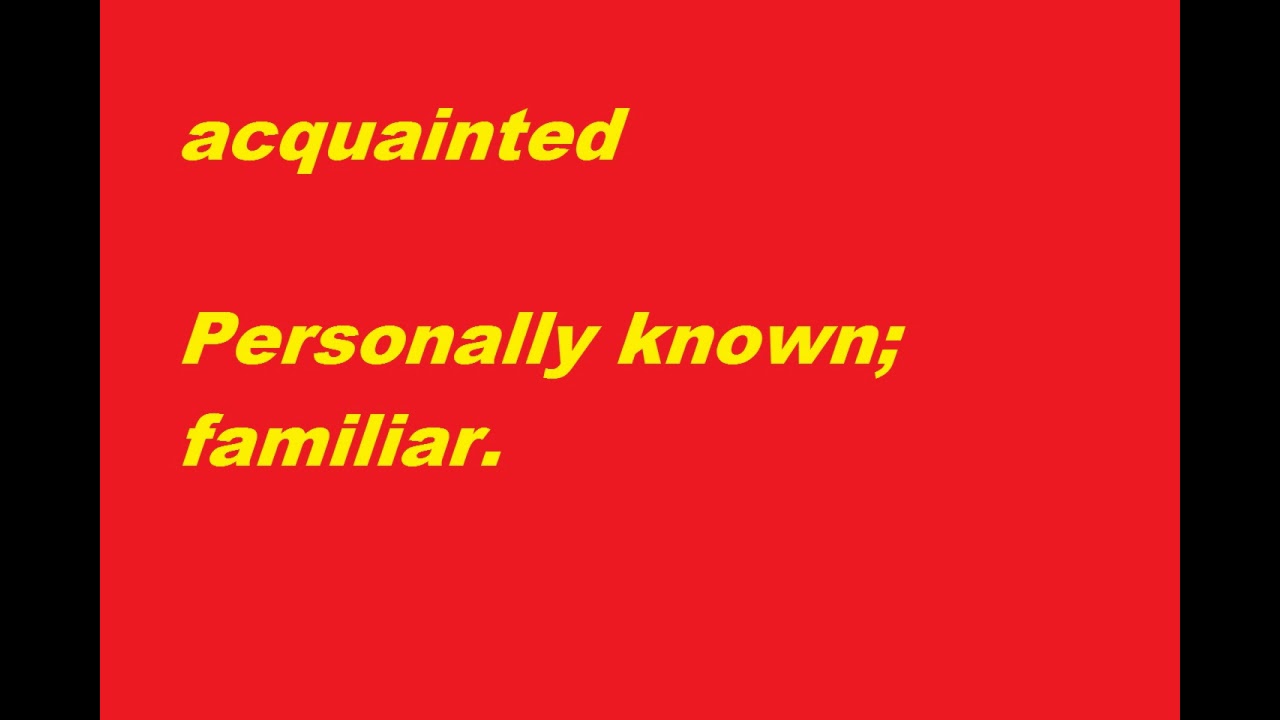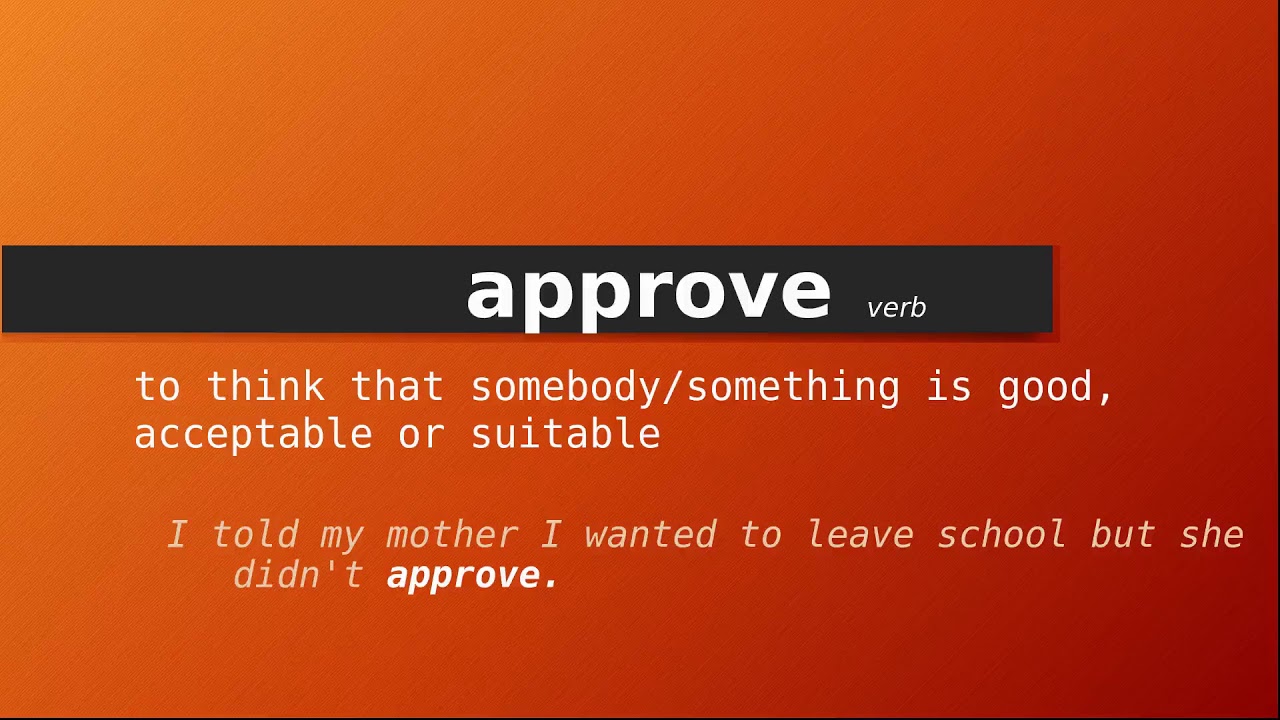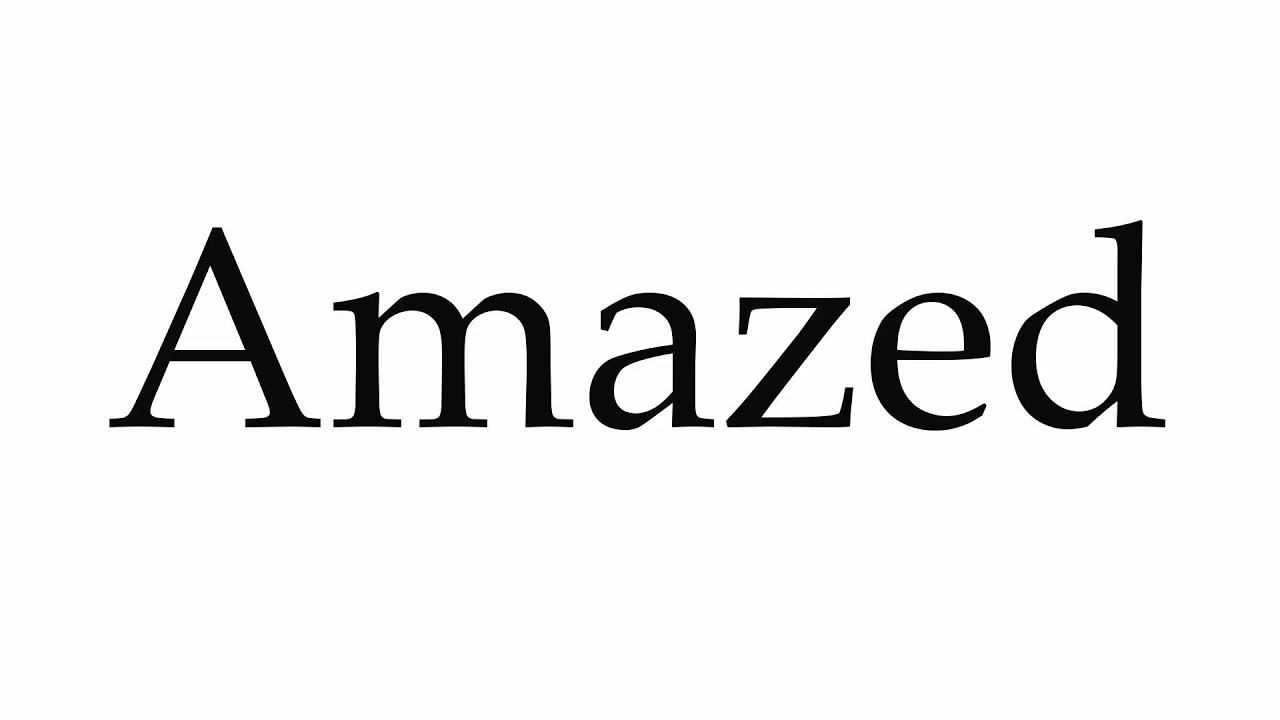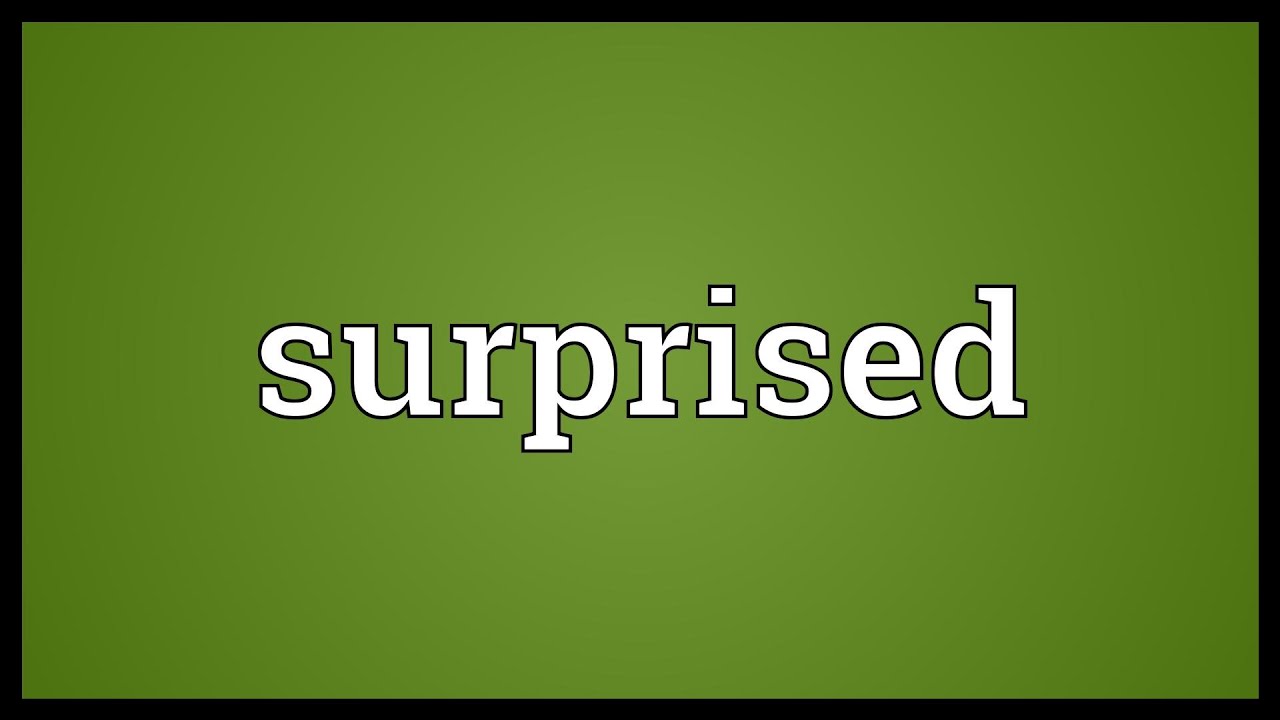Bored đi với giới từ gì? Bored of hay bored with, bored + gì, Bored đi với giới từ gì, Bored with nghĩa là gì, bored + preposition, Bored with, Acquainted đi với giới từ gì, Absent đi với giới từ gì, Bored nghĩa là gì? chắc chắn là câu hỏi chung của rất nhiều người. Để hiểu hơn về ý nghĩa, ngữ pháp cũng như cách sử dụng “Bored” trong Tiếng Anh như thế nào, hãy cùng Ngolongnd.net tìm hiểu chi tiết ngay trong bài viết dưới đây.
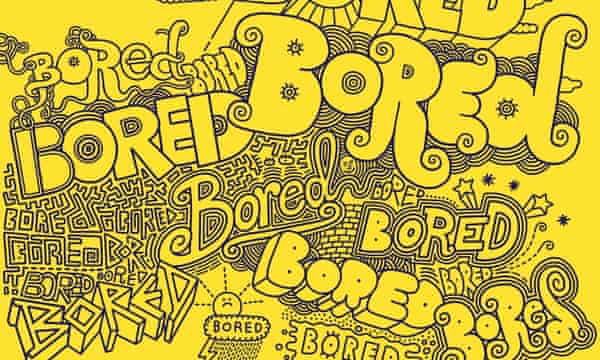
Nội dung chính
1. Bored nghĩa là gì?
Giải nghĩa
Trong Tiếng Anh, “Bored” đóng vai trò là tính từ, nghĩa là: feeling unhappy because something is not interesting or because you have nothing to do: nhàm chán, cảm thấy không vui vì điều gì đó không thú vị hoặc vì bạn không có gì để làm:
He was getting bored doing the same thing every day.
Cách đọc: UK /bɔːd/ US /bɔːrd/
Các ví dụ khác:
- I was so bored that I slept through the second half of the film.
- I enjoyed my course at first, but after a time I got bored with it.
- He sensed (that) his guests were bored, although they were listening politely.
- He grew bored of the countryside.
- The novelty of these toys soon wore off and the children became bored with them.
2. Bored đi với giới từ gì?
“Bored” được sử dụng rất phổ biến trong khi nói và viết. Vậy sau Bored là giới từ gì?
bored with/of doing sth
He was getting bored with/of doing the same thing every day.
bored + at sth
bored at the prospect of going shopping
Bored + by sth
He seemed faintly bored by the whole process.
Bored + with sth
He was bored with their conversation.
Thành ngữ
bored out of your (tiny) mind He walked along, bored out of his mind.
bored to death/distraction/tears She was alone all day and bored to death.
Phân biệt cách dùng bored, get bored (with)
– I got bored long before the film ended.
Từ rất lâu trước khi bộ phim kết thuc đã thấy chán rồi.
(Không dùng *I bored*)
– I got bored (with ) waiting for you.
Tôi chán đợi chờ anh lắm rồi.
(Không dùng *got bored to wait*, *got bored at waiting*)
– I quickly get bored with TV quiz shows.
Chẳng mất chốc tôi đã thất chán chương trình đố vui trên truyền hình.
(Không dùng *get bored of/from*)
3. Bored đi với các từ gì?
Bored đi với các trạng từ sau
really, terribly, very | thoroughly | a bit, faintly, a little, pretty, rather, slightly
Bored đi với các động từ sau
be, feel, look, seem, sound | become, get, grow Some children get bored very quickly. | remain
4. Phân biệt cách dùng bored, get bored (with)
– I got bored long before the film ended.
Từ rất lâu trước khi bộ phim kết thuc đã thấy chán rồi.
(Không dùng *I bored*)
– I got bored (with ) waiting for you.
Tôi chán đợi chờ anh lắm rồi.
(Không dùng *got bored to wait*, *got bored at waiting*)
https://dichthuat.org/dich-tieng-nhat-ban-sang-tieng-viet-nam/
– I quickly get bored with TV quiz shows.
Chẳng mất chốc tôi đã thất chán chương trình đố vui trên truyền hình.
(Không dùng *get bored of/from*)
5. Một số từ liên quan với Bored
Từ đồng nghĩa:
- disinterested
fatigued
tired
dull
blasé
inattentive
sick and tired
spiritless
Từ trái nghĩa:
- energized
refreshed
enthusiastic
excited
exhilarated
interested
Tham khảo thêm bored + preposition:
Q: At the risk of being thought priggish, but prompted by your discussion of the proper prepositions for use with “squeamish,” what are your thoughts on the current popularity of the phrase “bored of”? Example: “I’m bored of this—let’s change the channel.”
A: When a preposition follows “bored,” it has traditionally been “with” or “by.” So the traditional construction would be “I’m bored with this” or “I’m bored by this.”
In standard usage, we generally haven’t been bored “of” or “over” or “about” or “from” something.
However, the phrase “bored of” has become very common lately, and it may very well be considered standard one of these days. In fact, “bored from” is seen a lot too, and it may also be accepted as standard at some point.
The Oxford Dictionaries Online says “bored of” is a more recent construction than “bored with” and “bored by,” but “it’s become extremely common.”
“In fact, the Oxford English Corpus contains almost twice as many instances of bored of than bored by,” Oxford says. (The corpus is a database of written or spoken English.)
The Oxford website says the popularity of “bored of” represents “a perfectly logical development of the language, and was probably formed on the pattern of expressions such as tired of or weary of.”
“Nevertheless, some people dislike it and it’s not fully accepted in standard English. It’s best to avoid using it in formal writing,” Oxford adds.
Our Google searches have found that both “bored of” and “bored from” are extremely popular these days. Here’s the scorecard: “bored of,” 4.86 million hits; “bored with,” 4.26 million; “bored from,” 1.25 million, and “bored by,” 913,000.
The verb “bore,” the noun “bore,” and the adjective “bored” showed up in English in the 18th and 19th centuries, according to published references in the Oxford English Dictionary. The OED describes the etymologies of these three words as unknown.
John Ayto’s Dictionary of Word Origins says the noun (meaning tiresomeness) suddenly appeared “on the scene as a sort of buzzword of the 1760s, from no known source.”
Ayto adds that “the explanation most commonly offered for its origin” is that the word “bore” that refers to tedium is derived from the much older word “bore” that refers to making a hole.
The newer word, according to this theory, refers to being pierced with ennui, an explanation that Ayto describes as “not terribly convincing.”
Getting back to your question, here are a couple of 18th-century examples from the OED in which “bored” is used with prepositions:
“I pity my Newmarket friends, who are to be bored by these Frenchmen,” from a letter written in 1768 by the Earl of Carlisle.
“I have bored you sadly with this catastrophe,” from a letter written in 1764 by the first Lord Malmesbury.
No prepositions other than “with” or “by” appear in any of the OED’s citations.
Fowler’s Modern English Usage (rev. 3rd ed.), in its entry for “bored,” says: “The normal constructions are with with or with by.” However, Fowler’s notes the usage that has caught your attention:
“A regrettable tendency has emerged in recent years, esp. in non-standard English in Britain and abroad, to construe the verb with of.”
Regrettable or not, “bored of” may be here to stay.
[Note: This post was updated on Nov. 14, 2013.]

